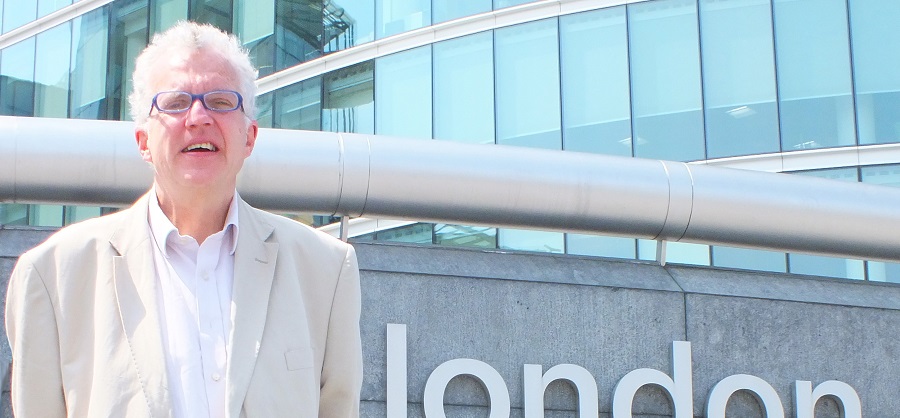The fact that Britain’s air traffic control system is been stretched to the limit has been highlighted twice this week. First, the near miss at Heathrow on Tuesday shows that the dangers of a collision above London and the South East, the world’s most congested air space are ever present.
Secondly, the strike by air traffic controllers across Europe in protest at the attempt to harmonise systems across frontiers shows that progress, in such a complicated industry where national considerations tend to override the wider interests of the passsenger. The European air traffic controllers are trying to hold onto a system which, in these days of disappearing boundaries and improved technology, is as irrelevant as the Dodo. The quicker that services can be consolidated in a few European centres, the fewer delays there will be for Europe’s long suffering air passengers.
Even before the incidents, Britain’s air traffic control system was gradually tumbling into a state of crisis. Partly sold off to the private sector only last year, it has already been bailed out twice by the government because of the reduction in flights after September 11. Worse, in the spring, there were three breakdowns in the system in as many months causing major delays to tens of thousands of passengers.
Already, on average, as you go on your holidays this year, expect a delay of an average of 15 minutes, before exceptional events such as strikes of technical breakdowns. The average delay is expected to rise as the number of flights may well catch up with pre September 11 levels because of the low cost airlines who have added a staggering 40 new destinations to their schedules during 2002.
And more technical breakdowns may well follow. The glitches which caused the delays are all the more extraordinary because most of the air traffic control system in England and Wales is run from a brand new centre in Swanwick, near Southampton, which was opened in January at a cost of £623m. That was over double the original budget and five years late. Yet, amazingly, despite the staggering expense and the length of time it took to introduce the system, Britain still does not have one standardised air traffic system to control airspace throughout the country. Indeed, the first two breakdowns since the opening of Swanwick were the result of the fact that the air traffic control network still uses two different computer systems which are not compatible with one another.
Swanwick controls all the airspace above England and Wales apart from a box around London, the busiest section in the country where flights below 20,000 feet, essentially those taking off or landing at the capital’s four main airports, are looked after by the old West Drayton centre near Heathrow. Swanwick controls all aircraft overflying England and Wales and it takes over responsibility for flights leaving and arriving at the UK when they are outside the box around London or are above the 20,000 feet height limit. When the West Drayton centre receives flight information from airlines with planes leaving or arriving at UK airports, it has to pass the data over to Swanwick. To do this, the centre produces flight strips, one for each aircraft using airspace in England and Wales, which are printed out at Swanwick and handed to controllers.
This cumbersome system is a temporary compromise because it was felt too risky to create one unified system simultaneously as this might have resulted in the total breakdown of the air traffic control system. The workof West Drayton will eventually move to Swanwick, but not for at least five years.
As well as these technical problems, air traffic control has suffered from a bodged attempt at privatisation which has left it in a kind of financial limbo. Nearly half of National Air Traffic Services was sold to a consortium of airlines last summer for £750m. Weeks later, the world changed with the World Trade Centre outrage and transatlantic travel, the biggest source of income, plummeted. By the winter, NATS finances were so bad that the Government had to bail the company out. Yet, the Civil Aviation Authority has refused to allowing it to increase charges for controlling aircraft, which would only have added a few pence to the price of an air ticket. Staff say that this will jeopardise the prospects for future investment and, according to Prospect, their union, ‘may put safety at risk in the future’. So tighten your seat belts for a bumpy ride this summer.
